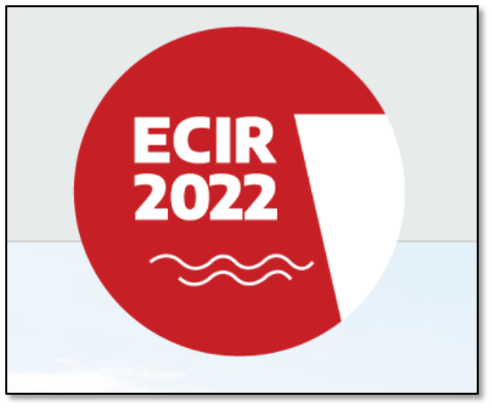Merlin Invited to Present at International Conference on Information Retrieval
Team Sherlock is off to Stavanger, Norway (at least virtually) to present a paper on Sherlock’s unique Cluster Batching capabilities. The paper will be presented at the 44th European Conference on Information Retrieval, which will be held April 10-14, 2022.
William Webber and John Tredennick were invited to present their paper: “Relevance-Specific Clustering in Predictive Coding,” at a special workshop called ALTARS 2022. The workshop is the first to focus on “Evaluation Metrics and Protocols for eDiscovery and Systematic Review Systems.” The paper was selected for presentation by by an academic review team selected by the conference’s organizers.
As the conference organizers explain:
“Augmented Intelligence (AL) is a subsection of AI machine learning developed to enhance human intelligence rather than operate independently of or outright replace it. It is designed to do so by improving human decision-making and, by extension, actions taken in response to improved decisions. In this sense, users are supported, not replaced, in the decision-making process by the filtering capabilities of the Augmented Intelligence solutions, but the final decision will always be taken by the users who are still accountable for their actions.
In this field, Technology-assisted review systems (TARS) use a kind of human-in-the-loop approach where classification and/or ranking algorithms are continuously trained according to the relevance feedback from expert reviewers, until a substantial number of the relevant documents are identified. This approach has been shown to be more effective and more efficient than traditional e-discovery and systematic review practices, which typically consists of a mix of keyword search and manual review of the search results.
“Given these premises, ALTARS will focus on High-recall Information Retrieval (IR) systems which tackle challenging tasks that require the finding of (nearly) all the relevant documents in a collection. Electronic discovery (eDiscovery) and systematic review systems are probably the most important examples of such systems where the search for relevant information with limited resources, such as time and money, is necessary.
You can download a copy of Webber and Tredennick’s paper here.

